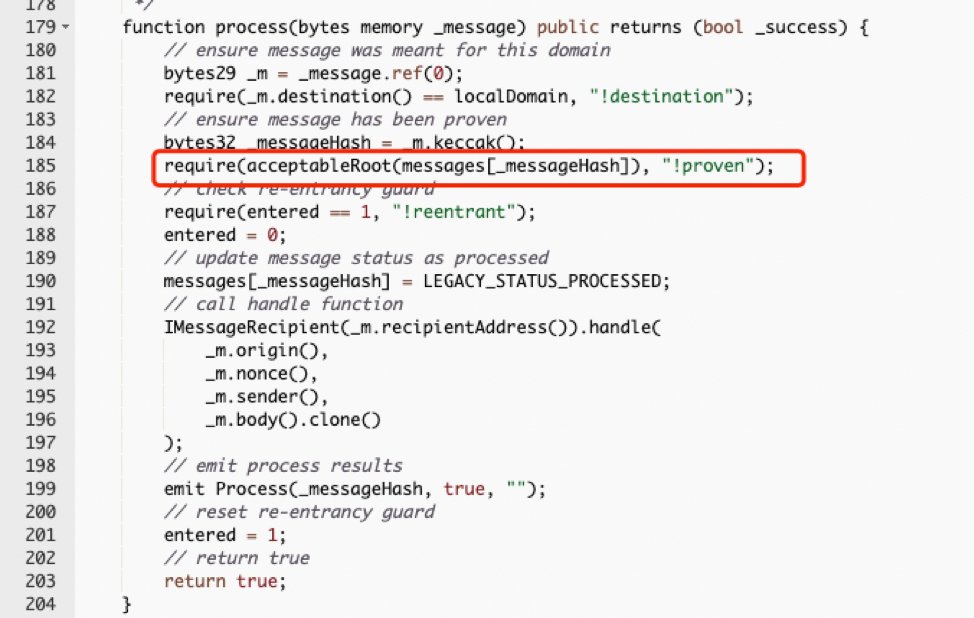
Week 13 of our "What is Series"🧑🎓
What is a #Rugpull???🤔
A rug pull happens when developers suddenly abandon a project and disappear with the investors' funds. The name is derived from the expression "pull the rug out from under someone".
So how do they work???
What is a #Rugpull???🤔
A rug pull happens when developers suddenly abandon a project and disappear with the investors' funds. The name is derived from the expression "pull the rug out from under someone".
So how do they work???
Rug pulls typically happen when projects take advantage of their hype and sell the majority of their liquidity. With low liquidity, the price of the token plummets and investors are forced to sell theirs at a significant loss.
Types of Rug Pulls:
Hard Rug Pull
A hard rug pull is a deceptive scheme in which the creators of a project intentionally deplete their liquidity reserves in order to make a profit at the cost of the investors who backed the venture.
Hard Rug Pull
A hard rug pull is a deceptive scheme in which the creators of a project intentionally deplete their liquidity reserves in order to make a profit at the cost of the investors who backed the venture.
Soft Rug Pull
Developers will often implement a time-lock on the liquidity pool or send their LP tokens to a burn address.
Typically, majority of their tokens are held in several wallets that they can sell if the price increases, resulting in significant losses for investors.
Developers will often implement a time-lock on the liquidity pool or send their LP tokens to a burn address.
Typically, majority of their tokens are held in several wallets that they can sell if the price increases, resulting in significant losses for investors.
Example of a Rug Pull
One of the most notorious rug pulls in crypto history was the squid game rug pull. It was a play to earn token inspired by the popular Netflix series Squid game.
In total more than $3.3 million were lost after developers sold the majority of their tokens
One of the most notorious rug pulls in crypto history was the squid game rug pull. It was a play to earn token inspired by the popular Netflix series Squid game.
In total more than $3.3 million were lost after developers sold the majority of their tokens
Follow us next week in our “What is Series” as we go over what is a #multsig wallet and how they can be used to protect your funds.
• • •
Missing some Tweet in this thread? You can try to
force a refresh






